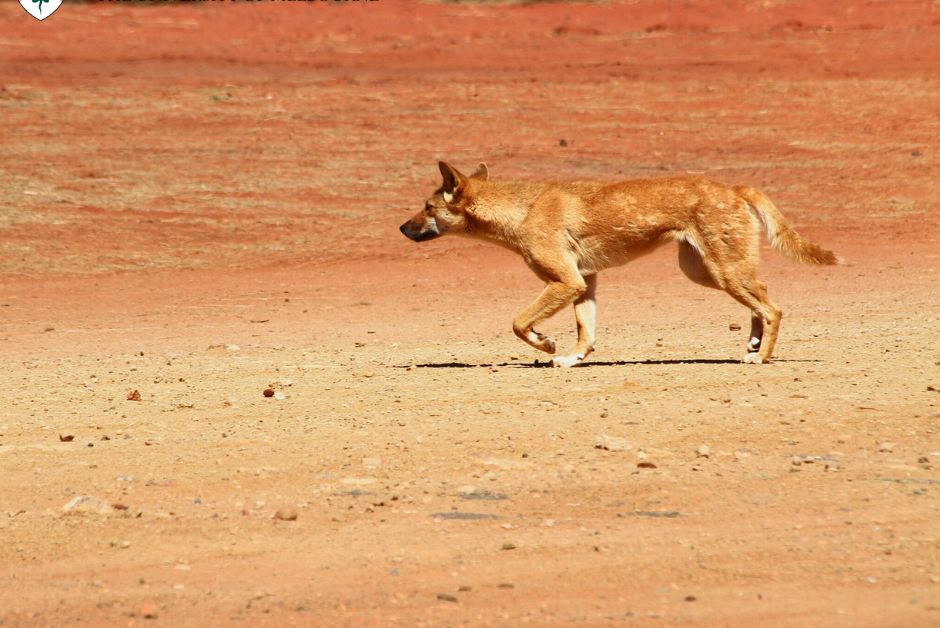Sponsored by Trinity College at the University of Melbourne and supporters, the Nakata Brophy Prize for Young Indigenous Writers, established in 2014 and now in its ninth year, recognises the talent of young Indigenous writers across Australia.
It is the first of its kind in Victoria, and complements Trinity’s ongoing commitment to Indigenous education and reconciliation. The initiative is named after the first two Indigenous residential students at Trinity College – Sana Nakata and Lilly Brophy. The aim of the prize is to provide the winner with the opportunity to focus on and develop their writing skills and portfolio.
First prize includes $5000, an optional writing residency at Trinity College, and publication of the successful piece in Overland. The prize alternates between poetry and short fiction each year.
In 2024, first prize will be awarded to the best poem up to 88 lines by an Indigenous writer who is 35 years or younger at the closing date of the competition. A runner-up prize may also be awarded.
After careful consideration, judges Karen Wyld and Eugenia Flynn have selected 8 outstanding poems to form this year’s Nakata Brophy Prize longlist; an incredible testament to Blak literary excellence!
Congratulations to the following poets:
Isobel Morphy-Walsh
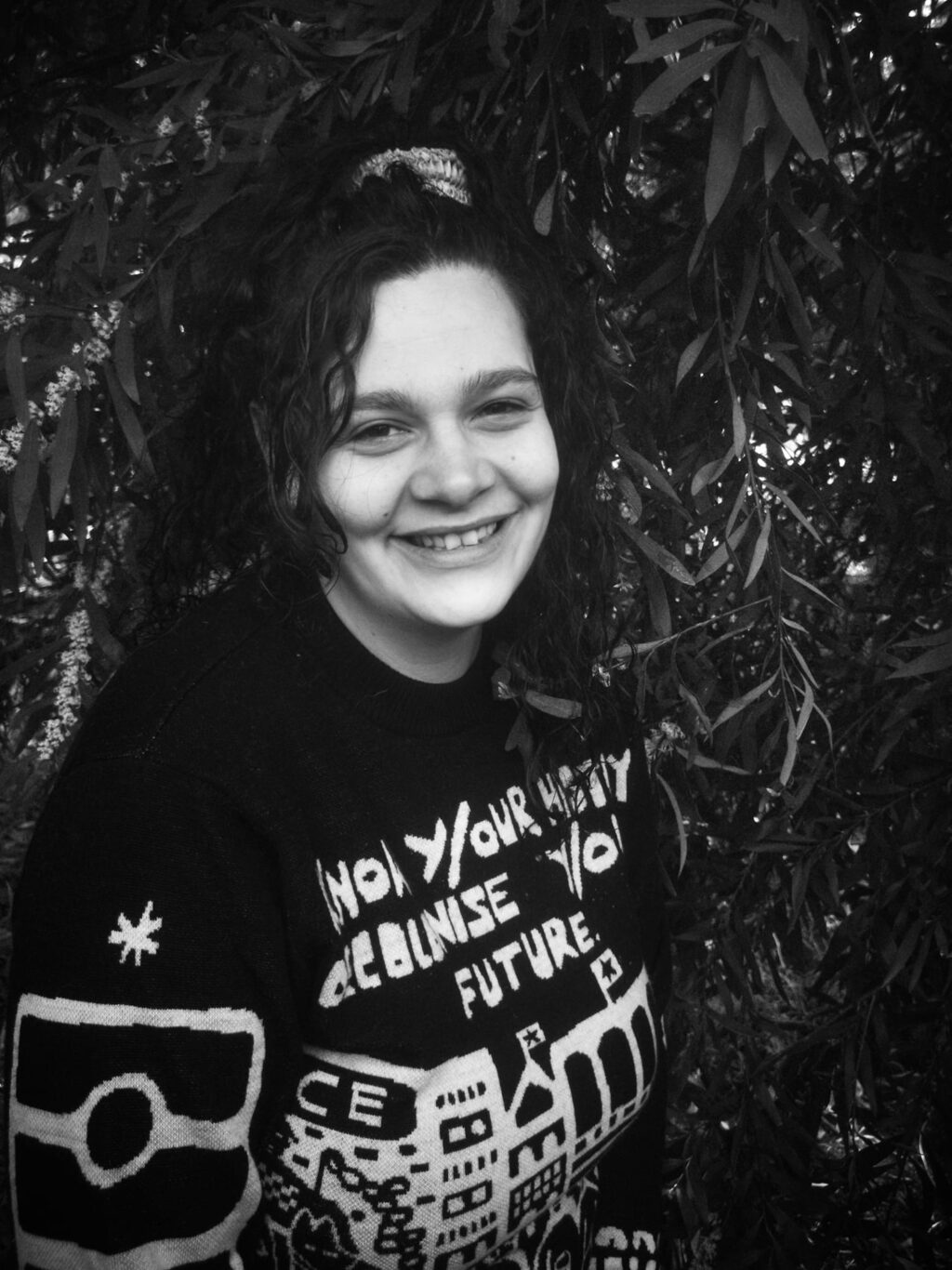
Dhumba burndap banj banj Talk with Strength Sis
A love letter, a reminder, an acknowledgment of the role of women in Taun Wurrung /Taungurung language rematriation.
Isobel Morphy-Walsh, a proud Taun Wurrung (Taungurung) women. Isobel is a playwright, poet and artist, a weaver, a curator, a producer, an activist and an educator, a singer, a storyteller. Isobel has spent her life working with her community and our cultures with a particular emphasis on its importance today.
Lulu Houdini
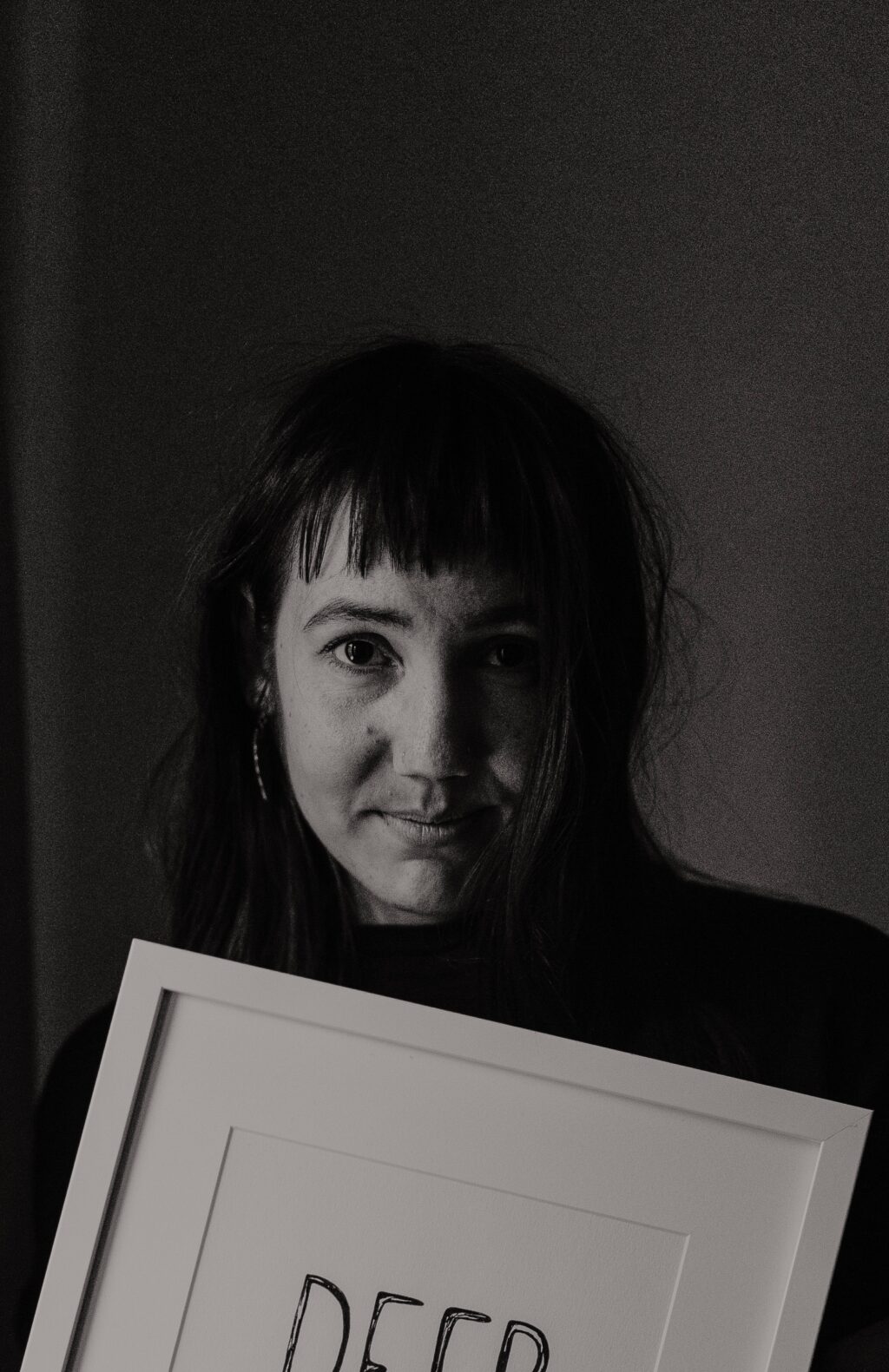
longsighted
‘longsighted‘ speaks to perspective over a lifetime – encompassing history and engaging with a Gamilaraay view of time.
Lulu Houdini is a Gamilaroi poet and midwife living with/on Jerrinja, Wandi-Wandandian Country.
Georgia Malu

Miwi
Miwi is a term taught to me by my akka to describe a feeling of spiritual solidarity and union, this poem is about our fight for land rights and constitutional recognition alongside Aboriginal Australians, for all First Nations people.
Georgia Malu is a proud Torres Strait Island woman from the clans of Umu Mere and Umai Lag. She incorporates language passed down to her from her beautiful aunties into her poetry, which she writes for them. Georgia is an editor residing in Naarm, she is passionate about Torres Strait Islander representation in all spaces.
Bebe Oliver

Once, as it is
‘Once, as it is’ forms an homage to my mother and my grandmother, their stories, my heritage and myself.
Bebe Oliver is a Bardi Jawi award-winning author, poet and illustrator. His highly celebrated and widely published work encompasses love, loss, identity, Aboriginal and gay existence, place and Country.
Sharleigh Crittenden
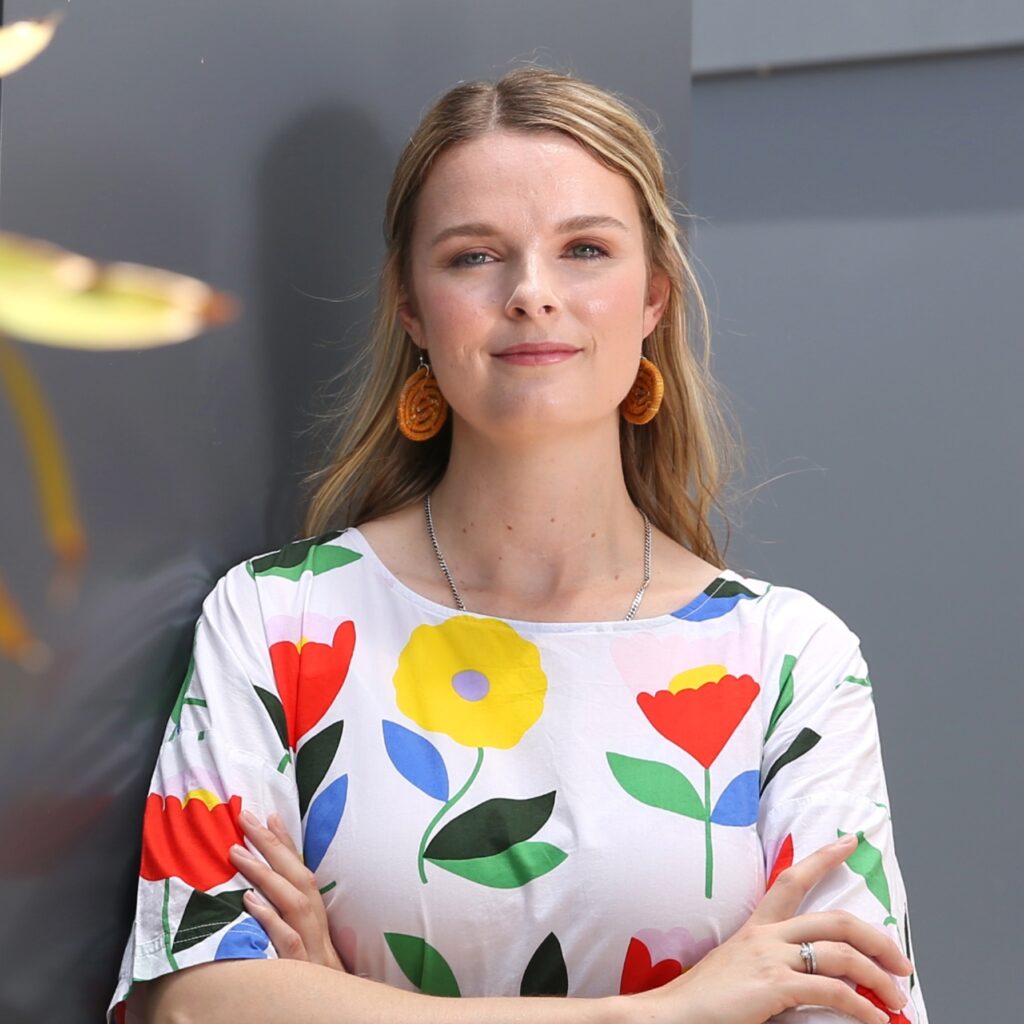
Narrowboats
‘Narrowboats’ explores complicated grief and its intersection with mental health through iterative narration and a rhythmic structure that both mimics and recreates the poem’s central image.
Sharleigh Crittenden is a Wiradjuri writer and mother living on Wangal country. In 2023 her short story ‘River Fish’ won the inaugural First Nations Storytelling Prize. She is the recipient of a 2023 Magabala Creative Grant from Magabala Books and a 2024 Varuna First Nations Fellowship for her debut novel.
Mia Thom
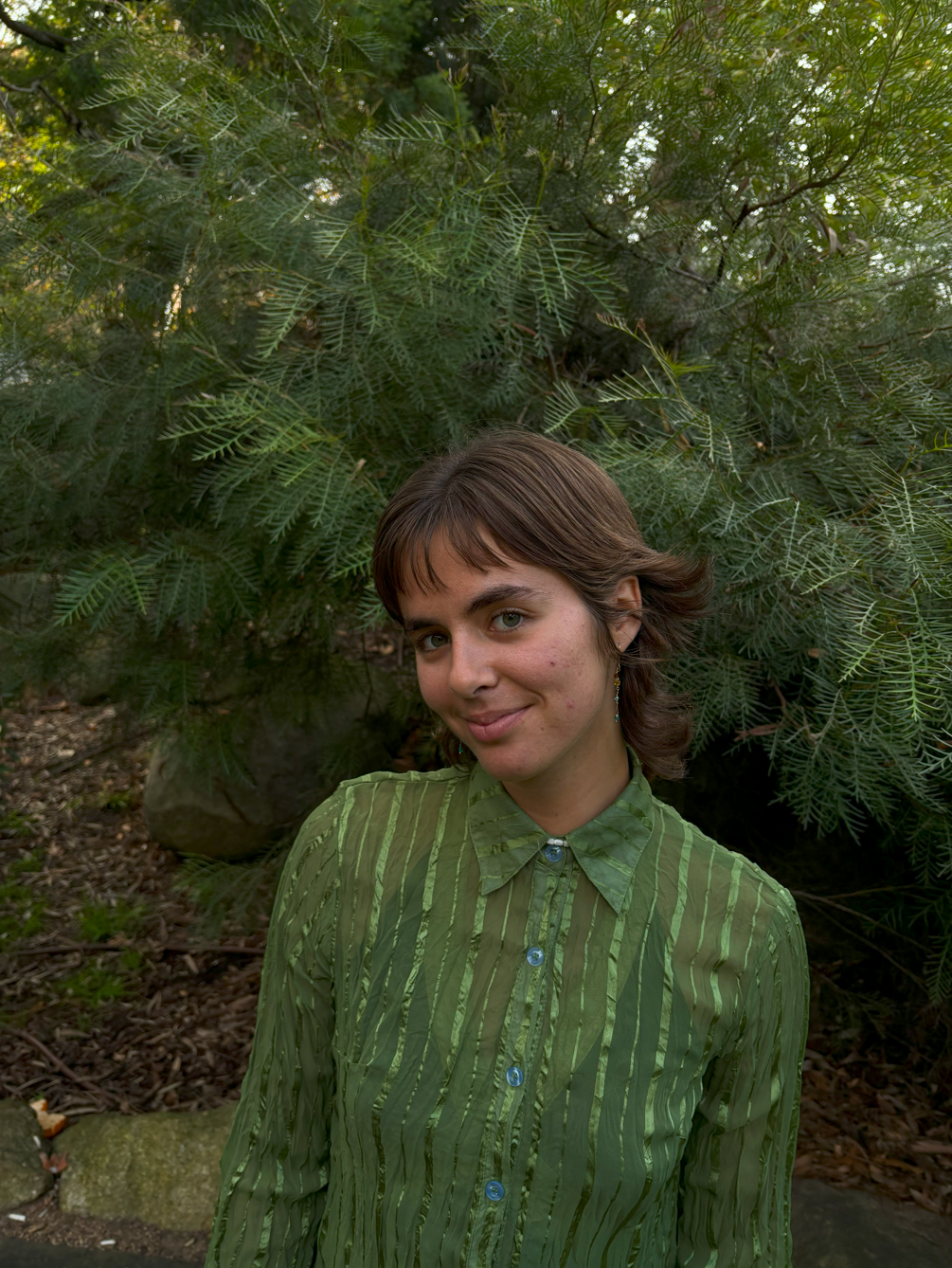
gather
‘gather’, a remembering of an early morning ride across Naarm’s cityscape embodies the intersectional responsibilities and tensions I feel as a Bundjalung woman living away from Country.
Mia Thom is a Bundjalung woman living and studying from within Wurundjeri Country. With a history in climate activism, her current work as a youth mentor centres cultural revitalisation and reclamation.
Yasmin Smith
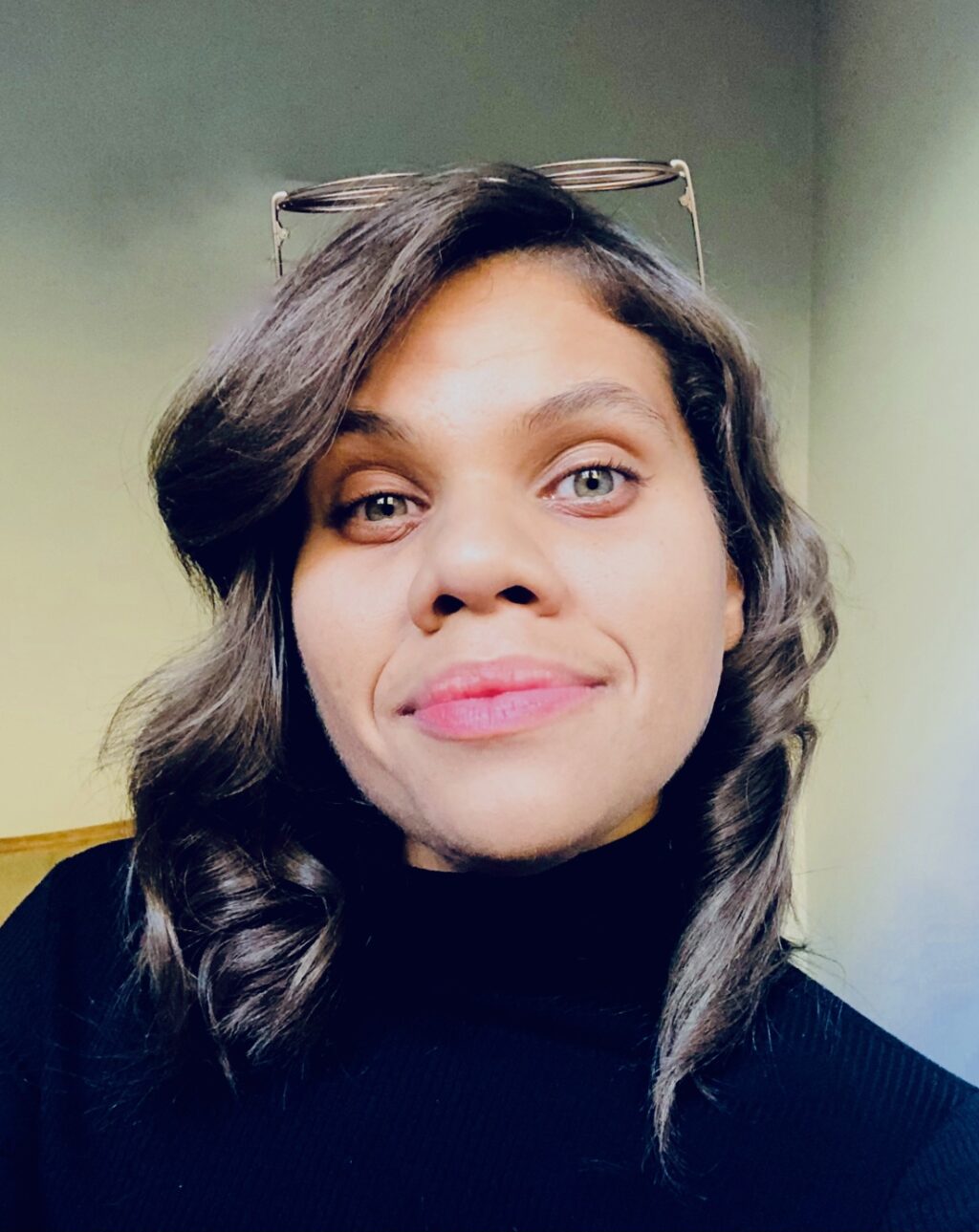
Dawning in the Rivulet of My Father’s Mourning
A deeply personal poem set on Toonooba (Darumbal Country) that reels together grief, loss and language.
Yasmin Smith is a poet and editor of South Sea Islander, Kabi Kabi, Northern Cheyenne and English heritage. She is currently UQP series editor of the First Nations Classics and works across fiction, non-fiction, children’s books and poetry.
Maya Hodge

Special hell
‘Special hell‘ is a vulnerable reflection of childhood memory and the complex interplay of fear and rage experienced by a young Aboriginal woman. The poem speaks to racism, unveiling both the wounds inflicted and the immense power that emerges through community and sisterhood.
Maya Hodge is a Lardil writer and curator dedicated to amplifying First Peoples storytelling, centred on community values and artist care. She has co-edited publications with West Space OFFSITE and Runway Journal, and contributed to Ernabella Arts: Ceramic Warka Wiru 20 Years-Kutu. Maya is MARION’s Inaugural 2023-24 Fellow.
Congratulations again to the above poets! The shortlist and final results of this year’s prize will be announced in late October. The winning poem will be published in Overland‘s upcoming print edition.
